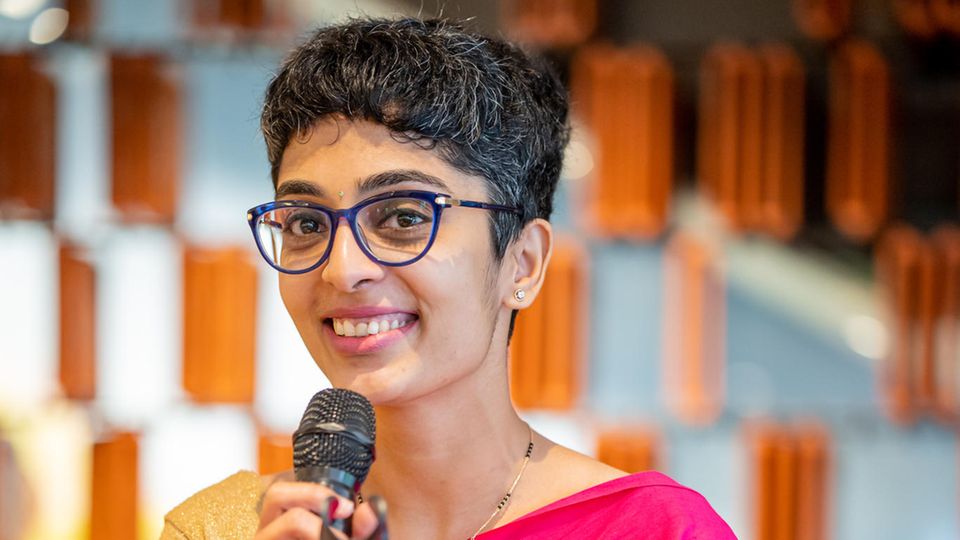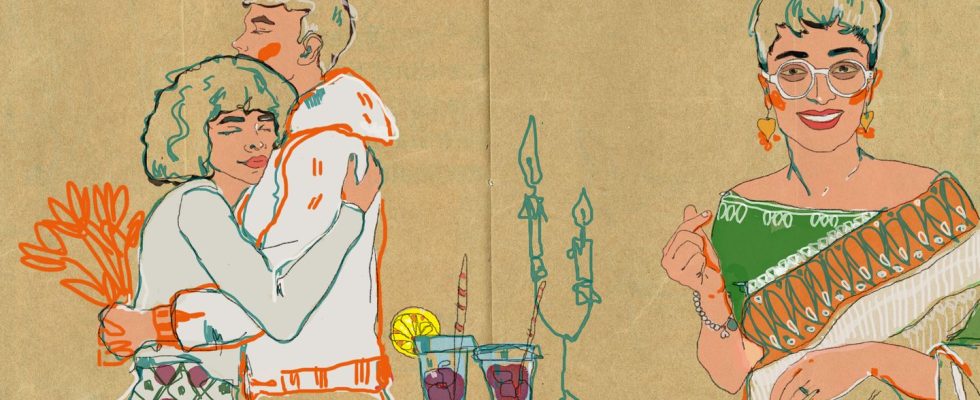How do people around the world get to know each other? Who do they give their heart to? He explores that star in his new series “Loving Others.” In this episode, Indian date broker Radhika Mohta explains why young people sign up with her and why a Netflix show is fueling this.
In Israel, singles are looking for someone to go into the bunker with; in Sweden, dating apps are extremely successful. How people get to know each other varies from country to country. In the series “Loving Others,” Stern explores the question of how people all over the world forgive their hearts. And how things change between traditions and modernity. In this episode the dating atlas takes you to India, where the matchmaker Radhika Mohta (37) from Bengaluru wants to translate arranged marriages into the modern age.
Ms. Mohta, is it normal for Indian singles to find a partner through matchmakers like you?
This is quite common, there are some matchmakers, more traditional or modern like me. But most often couples get to know each other through their families or by going to the same temple, university or school. Also the caste system India still plays a role in determining who is actually considered as a partner. But the target group I serve is completely different than the majority of Indian society.

Radhika Mohta is a Kupperlin and coaches young people who are looking for a partner in seminars
© Prudhvis Divine Shotz
Who signs up with you?
Most of those who contact me are in their thirties, but the range is from 25 to 45 – and they want to get married. They’ve sorted out a lot of other things in their lives: careers, where they live, finances. And now they want to focus on their partner to find. The people who come to me definitely belong to a certain socioeconomic niche that is quite independent of their family and makes their own money. They are bound by less strict rules than people from a conservative niche.
Do you also take family background and caste into account when pairing people up?

